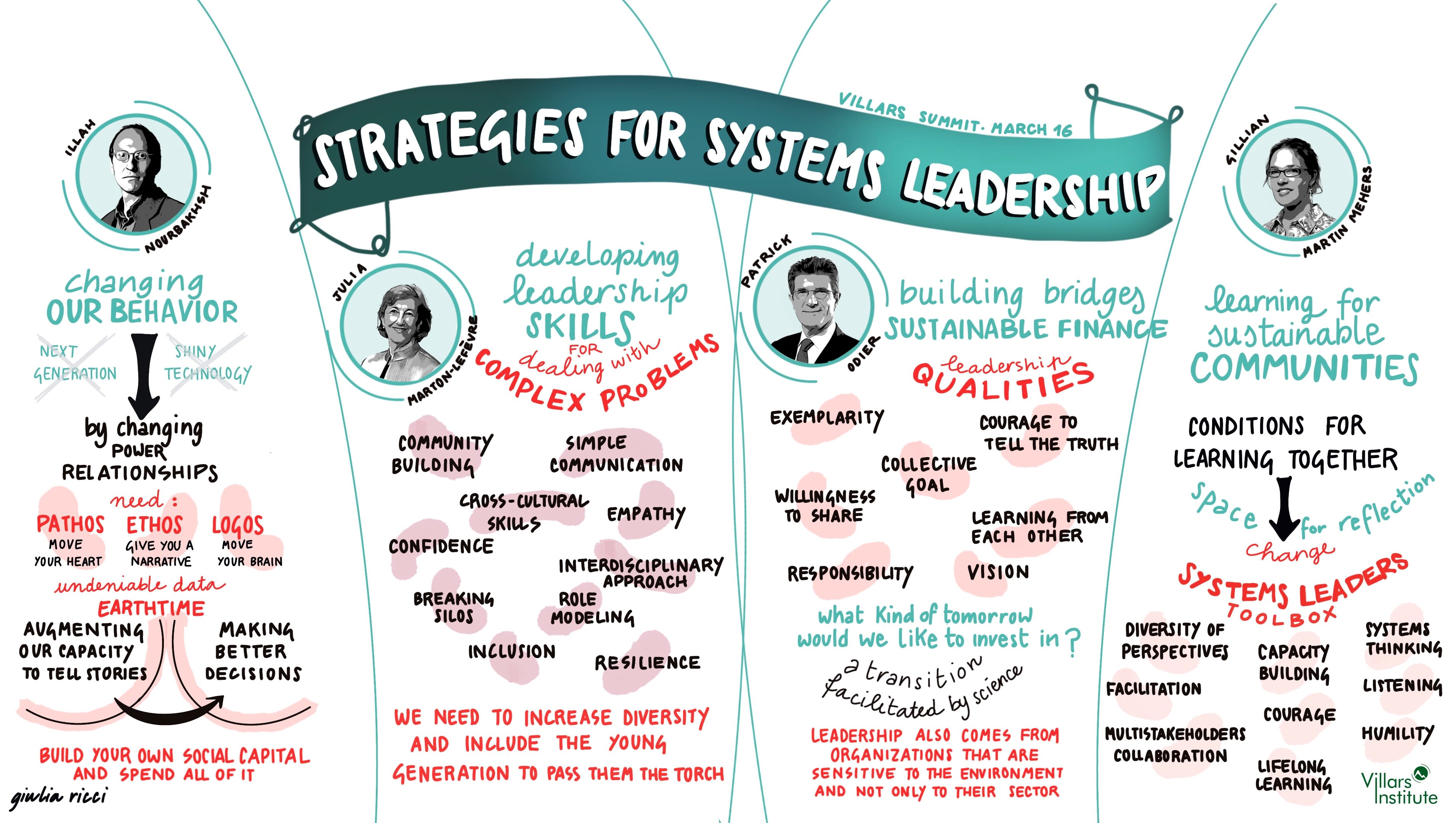It’s clear that solutions to the major global problems of our time require large-scale systemic change. But transforming complex entities - like megacities, energy grids or whole economies - is a titanic effort involving coordinated action between millions of people and thousands of organizations with differing perspectives.
These initiatives need to be driven and supported by systems leaders - people who can catalyze collective action. We’ve talked about why systems leadership is important before - but what are the key traits of a systems leader?
They are comfortable with ambiguity or uncertainty. The idea that no single person or entity has complete control of a system is unnerving for many, but not for a systems leader. These individuals are adept at working between the lines with concepts that are abstract or opaque.
Systems leaders are able to work without the need for clear-cut definitions or plans. Leading systemic change often means working in environments where the solution has not yet been defined or, in some cases, where it is not yet fully clear what the problem is.
Systems leaders have an open and adaptable mindset. Fully understanding a systemic problem requires flexibility in the face of abstraction. It’s easy to sink into conventional knowledge and do what has always been done before, but sweeping change has never been accomplished in this way. Systems leaders know that.
They also display a willingness to seek out different perspectives and the ability to readily accept new insights in pursuit of systemic change. Systems leaders recognize that, whilst they may have their own views on how to solve a problem, being receptive to the ideas of others results in more holistic solutions.
They freely share ideas and knowledge. Systems leaders don’t guard their expertise, and they don’t expect others to do so either. They know that defining a system, understanding its connections and quantifying its impact on other systems relies on the free dissemination of research, data and knowledge. Systems leaders advocate for the openness of expertise and set an example by sharing their own at every opportunity.
They can connect the dots and recognize adaptive problems. Systemic problems are often difficult to define and perceived to be intractable: they are adaptive problems. They are tied to deeper patterns or dynamics, the obstacles involved are often intangible, and they require focused learning to solve.
Systems leaders look for both the formal and the informal dimensions of a system, including all of its elements, dynamics and connections. They know that, alongside concrete actions, solving an adaptive problem might call for roles, beliefs, norms or culture to change, and they’re able to inspire this change in others.
Systems leaders are natural collaborators. They recognize that addressing systemic problems requires the sustained inclusion and engagement of diverse stakeholders, often with divergent interests. Systems leaders are motivated to build bridges with others and can encourage stakeholders to balance their own interests with the pursuit of a common goal.





